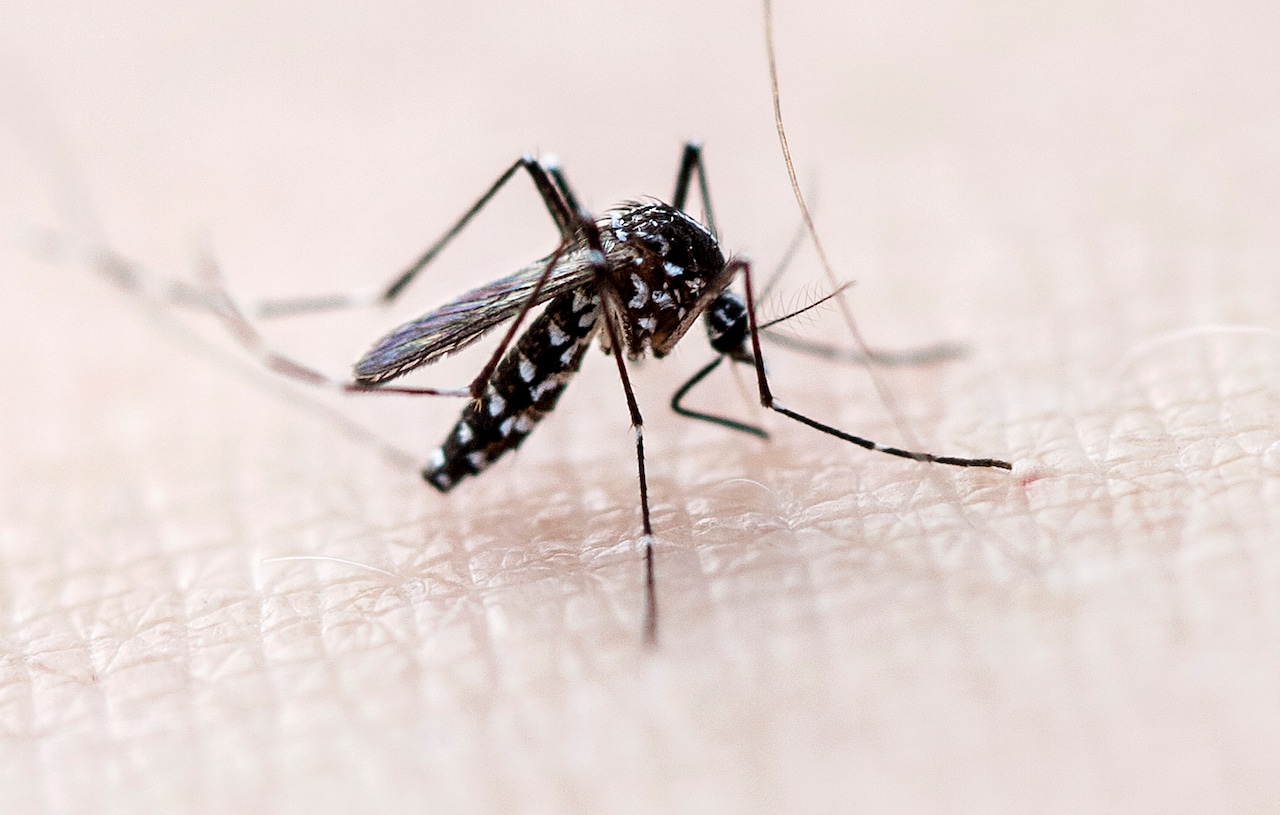According to St. Luke’s University Health Network, the first confirmed incidence of West Nile virus in 2025 occurred in the Lehigh Valley.
The case involved a Bucks County citizen who fell seriously ill and received treatment at St. Luke’s University Health Network in Fountain Hill, according to the Morning Call earlier this week.
Sam Kennedy, a spokesperson for St. Luke’s, told lehighvalleylive.com on Thursday that the case was true: The patient is getting well.
According to the Pennsylvania Department of Environmental Protection’s most current West Nile report, released on August 8, there were no human instances of the mosquito-borne disease in Bucks, Lehigh, or Northampton counties in 2025. According to the state study, the virus has been found in Bucks, Lehigh, Northampton, and 51 other counties this year, but mosquitoes in all three counties tested positive for it.
MORE: Five lethal hazards to Pennsylvania’s late summer pleasure and how to prevent them
According to the DEP, the virus was first identified in 1937 in the West Nile region of Uganda, brought to the US in 1999, and found in Pennsylvania in 2000.
From spring to fall, when mosquitoes are busy, infections happen. According to the aDEP fact sheet on West Nile, around one in five infected individuals have fever along with additional symptoms like rash, vomiting or diarrhea, head and body aches, and joint discomfort. A serious, occasionally fatal infection strikes about one in 150 affected individuals.
According to the DEP, there is no vaccination or treatment, and antibiotics don’t work. Rest, drinks, and over-the-counter painkillers are among the treatments; in more severe situations, hospitalization is necessary to provide extra care.
Among the advice given to avoid mosquito bites are:
-
Avoid going out at dusk and dawn when they re most active.
-
Wear protective clothes.
-
Use insect repellent.
-
Stay where there s air-conditioning and window screens.
-
Remove standing water at home.
more lehigh valley outdoors news
-
She chases monster fish in the Delaware River. Meet the Flathead Queen .
-
Rain washed out popular Slate Belt hiking trail 2 years ago. Repairs finally planned.
-
Iconic Lehigh Valley winery very proud as it gets set to celebrate 40 years in business
-
Unlock post-Christmas deer hunting across Pa. with these permits going on sale Monday
-
5 rail trails in Pa. that are perfect for cycling, including 1 through the Lehigh Valley
Your support is essential to our journalism. Please sign up for a subscription to lehighvalleylive.com now.
You can contact Kurt Bresswein at [email protected].






